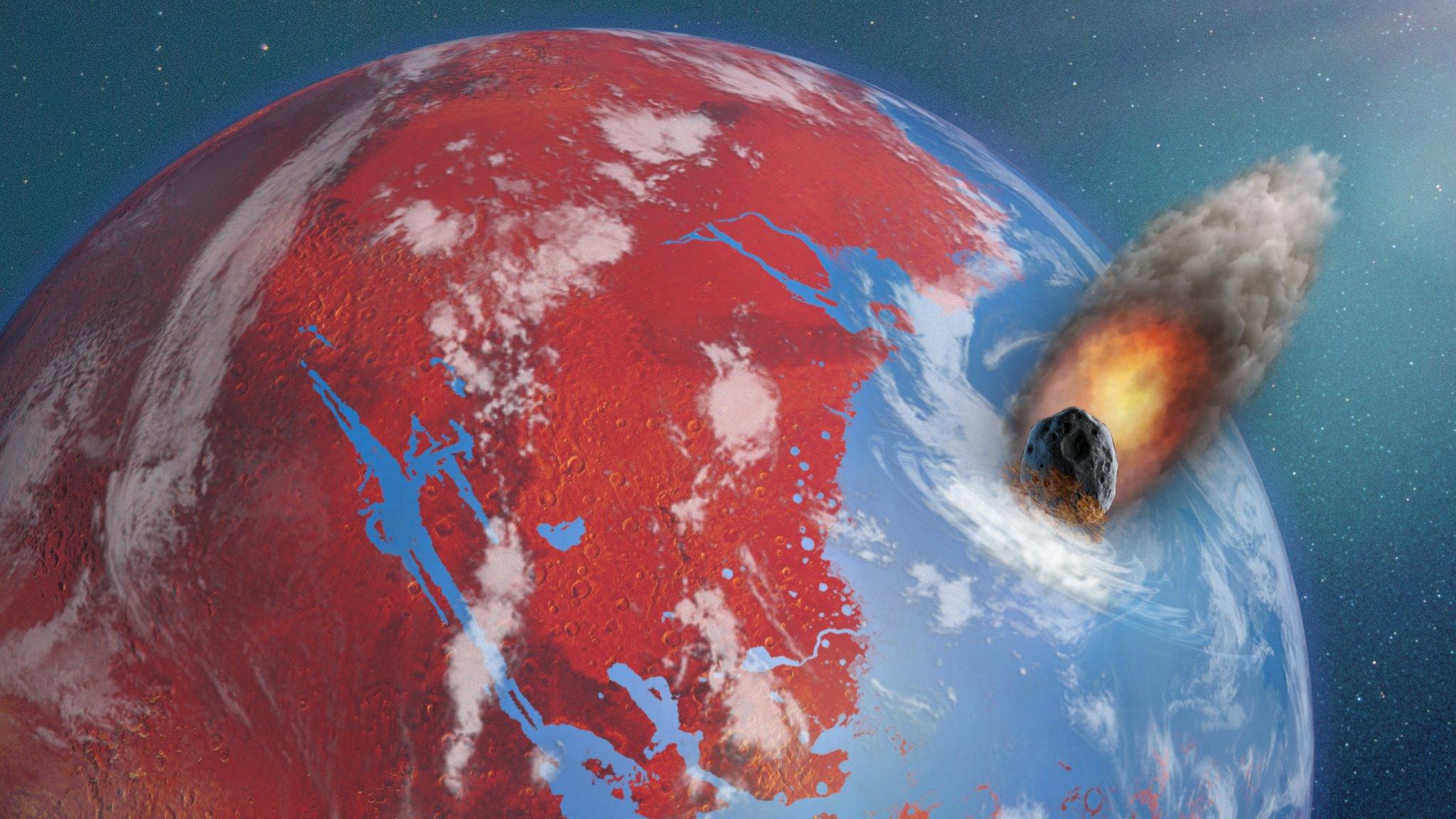Asteroids and AI robot could create breathable air on Mars
- Published
- comments
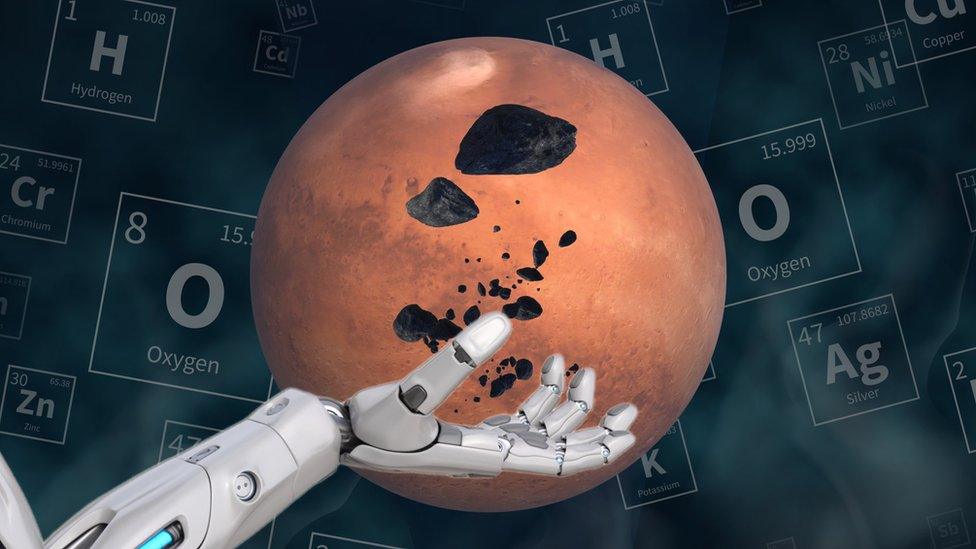
Martian asteroids and an AI powered robot could be the key to breathable oxygen on Mars.
Oxygen is important for future space travel to Mars and beyond, not only is it needed for astronauts to breath, but it's also used to burn fuel to allow rockets to blast off.
Carrying oxygen onboard spacecrafts from Earth is expensive - more cargo means more weight which needs more costly fuel to get it off the ground.
But now, with the help of Artificial Intelligence (AI), scientists believe they can produce oxygen on Mars, which will be a game-changer for future space exploration.
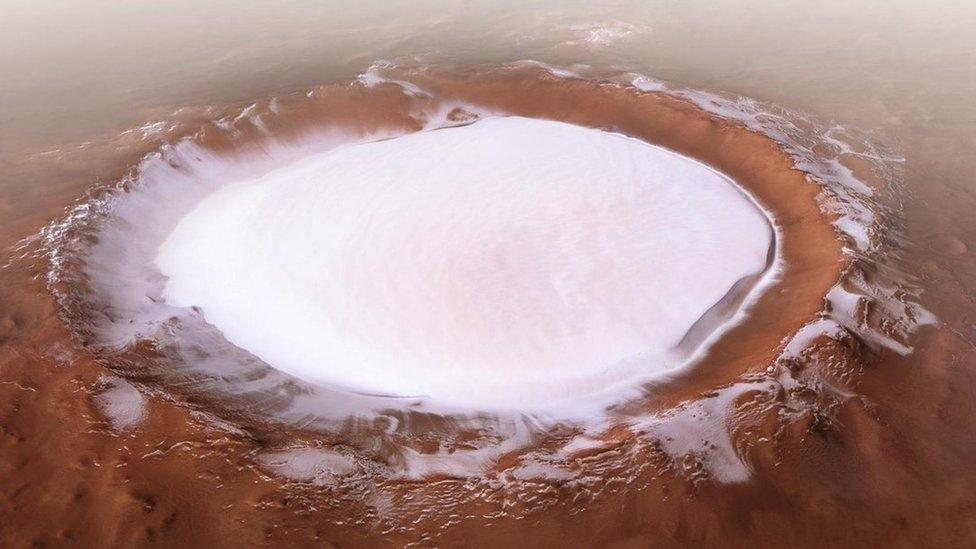
This ice-filled crater is called the Korolev crater on Mars
Mars has lots of water - frozen as ice on its surface.
Water is really useful because it's made of hydrogen and oxygen.
In chemistry water is sometimes referred to as a compound - a compound is a substance made from more than one element, in this case hydrogen and oxygen.
In a compound, elements are chemically bonded together, which makes them very difficult to separate, so scientists have been trying to work out the best way to extract the oxygen from the frozen water on Mars.
To do this experts need something called a catalyst.
A catalyst is a substance that speeds up a chemical reaction without being used up or chemically changed.
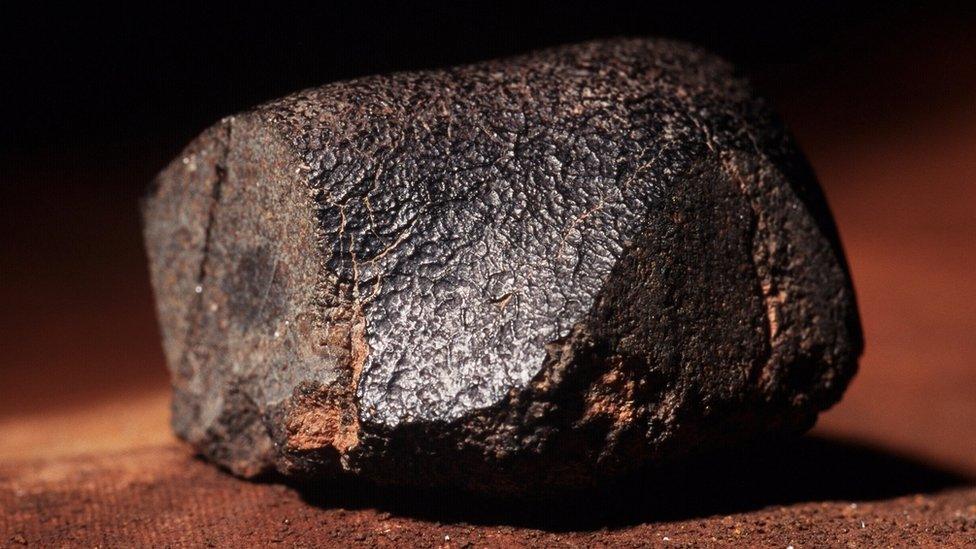
AN AI robot analysed meteorites that originated on Mars and had been blasted out to Earth following large collisions on the Martian surface
Experimenting with an AI chemist to produce water-splitting catalysts, researchers at the University of Science and Technology of China in the eastern city of Hefei, carried out tests using materials that are found on Mars.
The team focussed on meteorites that had been smashed off the Martian surface thanks to large impacts and cosmic collisions endured by the red planet.
These pieces of Martian space rock then hurtled towards Earth and eventually fell down to our planet's surface.
How does artificial intelligence work?
The AI chemist used a robotic arm to collect and scan samples from Martian meteorites.
Without any human help, the AI selected 243 molecules found within the space rock, that it thought could be used as a catalyst to extract oxygen from the Martian water.
Eventually the robot found a catalyst that could split water at minus 37 degrees Celsius, similar to the cold temperatures found on the surface of Mars.
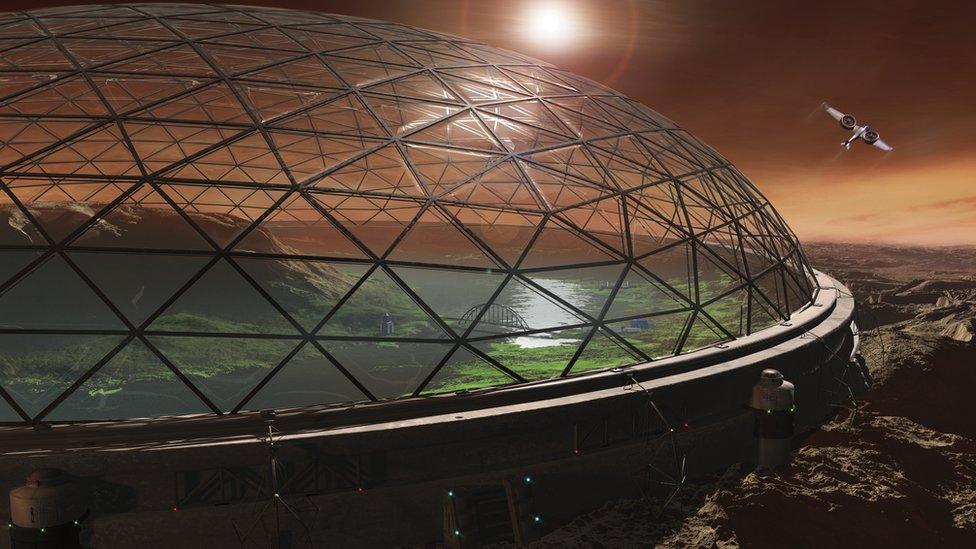
Using AI could lead the way to breathable environments on Mars
Professor Jun Jiang, one of the team behind the research, says the hope is that "AI will be able to produce useful chemicals in unknown conditions with unknown materials" - meaning the human race can take another step closer to living on the Moon, Mars and beyond.
Earlier this year, Nasa was able to produce enough oxygen on Mars to allow an astronaut to breathe for several hours thanks to a device on the space agency's Perseverance Rover.
- Published12 September 2023
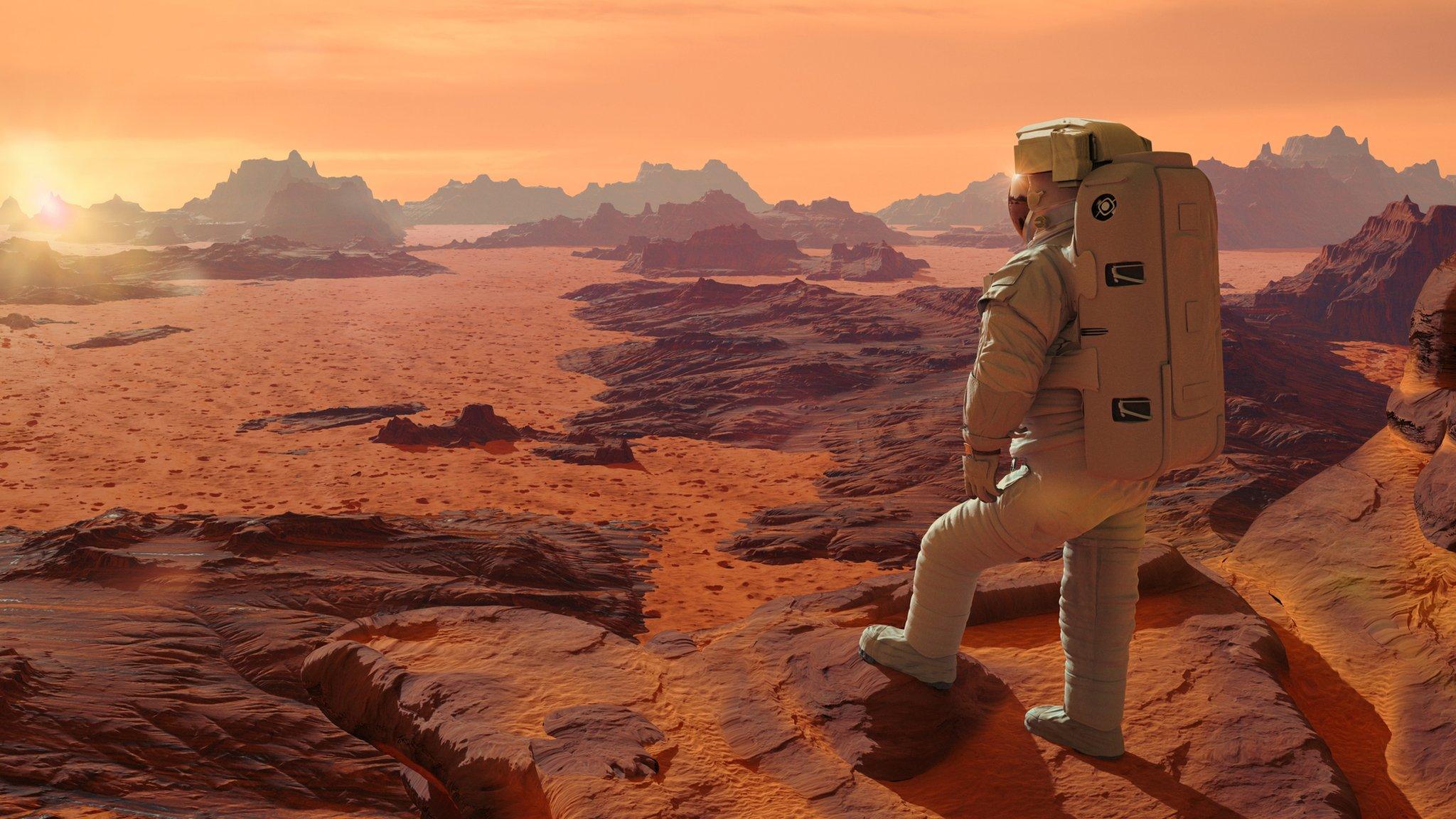
- Published10 September 2023
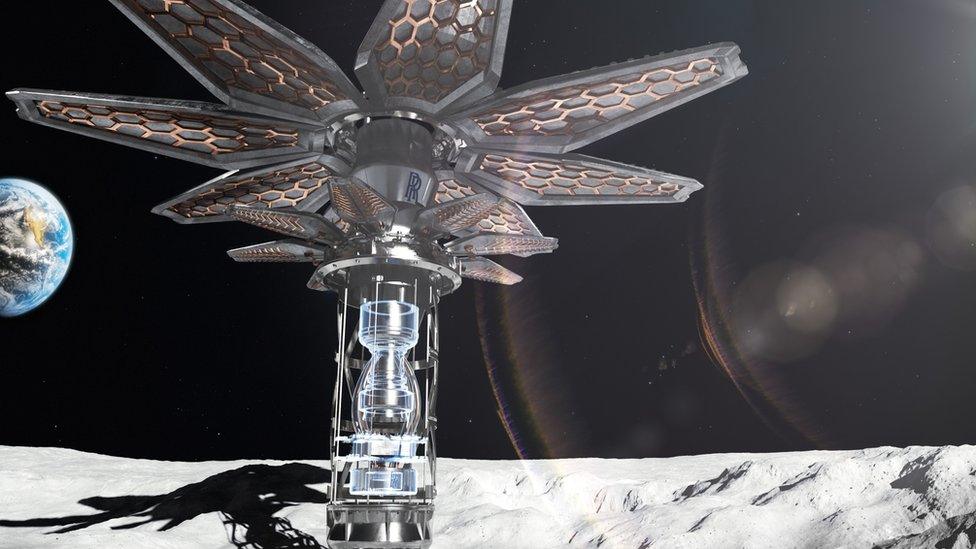
- Published3 December 2022
